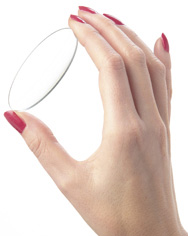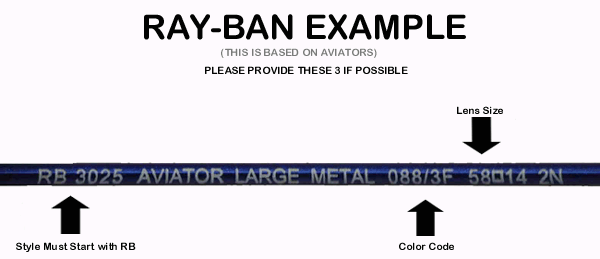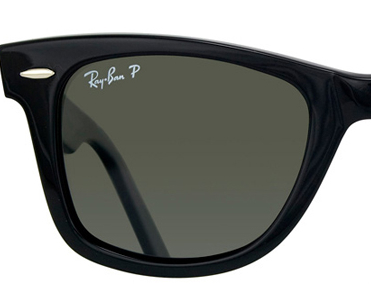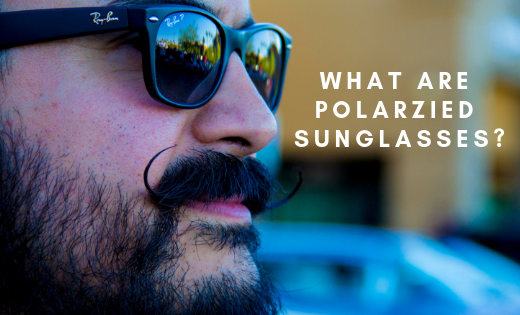 When eye safety is a concern, polycarbonate lenses usually are the best choice for your eyes and sunglasses. They are thinner and lighter than regular plastic lenses plus they also offer 100 percent protection from the sun’s harmful UV rays and are up to 10 times more impact-resistant than plastic or crystal lenses.
When eye safety is a concern, polycarbonate lenses usually are the best choice for your eyes and sunglasses. They are thinner and lighter than regular plastic lenses plus they also offer 100 percent protection from the sun’s harmful UV rays and are up to 10 times more impact-resistant than plastic or crystal lenses.
Polycarbonate was developed in the 1970’s for aerospace applications, and is currently used for the helmet visors of astronauts and for space shuttle windshields. Eyeglass lenses made of polycarbonate were introduced in the early 1980’s in response to a demand for lightweight, impact-resistant lenses.
Since then, polycarbonate lenses have become the standard for safety glasses, sports goggles and children’s eyewear as they can also be polarized.
Because they are less likely to fracture than regular plastic lenses, polycarbonate lenses also are a good choice for rimless eyewear designs where the lenses are attached to the frame components with drill mountings. Many sunglasses manufacturers choose polycarbonate because it can be easily shaped without running into problems like: cracking or splitting; resulting in extremely lightweight, distortion-free, fashionable glasses that feature all of the health benefits doctors recommend.
Prescription lenses bend light to correct vision; polycarbonate lenses can be far thinner than glass or conventional plastic, making this material ideal for heavy prescriptions. Thin polycarbonate lenses correct poor vision without distorting the face or the size of the eyes, yet this extremely thin lens is virtual indestructible, an important safety factor for children and active adults. These lenses are much more impact-resistant than regular glass and plastic lenses (including other high-index lenses) because these lightweight lens materials are relatively “soft” — which means they can absorb energy without lens fracturing. This flexibility also means they need a scratch-resistant coating to prevent surface scratches. Today’s modern scratch-resistant coatings can make the surface of polycarbonate lenses nearly as hard as glass.
Polycarbonate is also used in the electronics industry. Apple’s original iMac featured polycarbonate mixed with clear colors for a transparent computer case. Many cell phones, pagers, and laptops also use clear or opaque polycarbonate in their casings.



